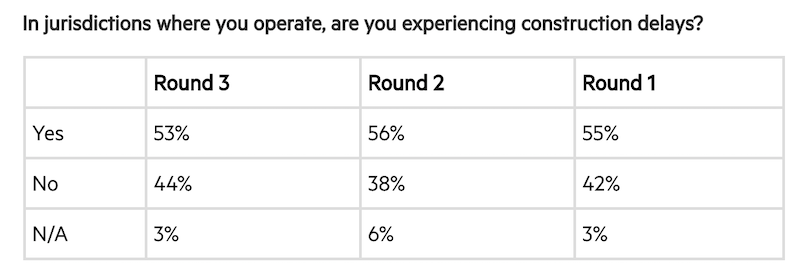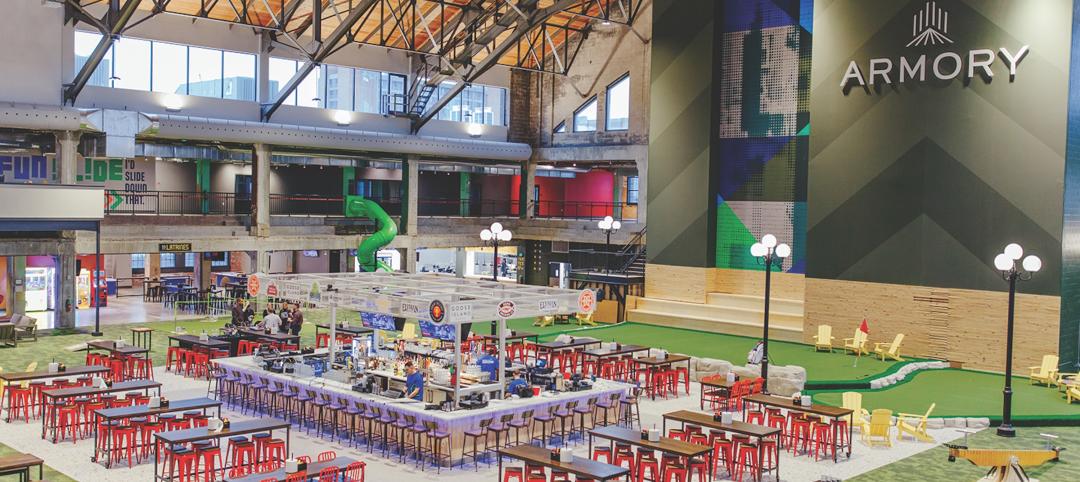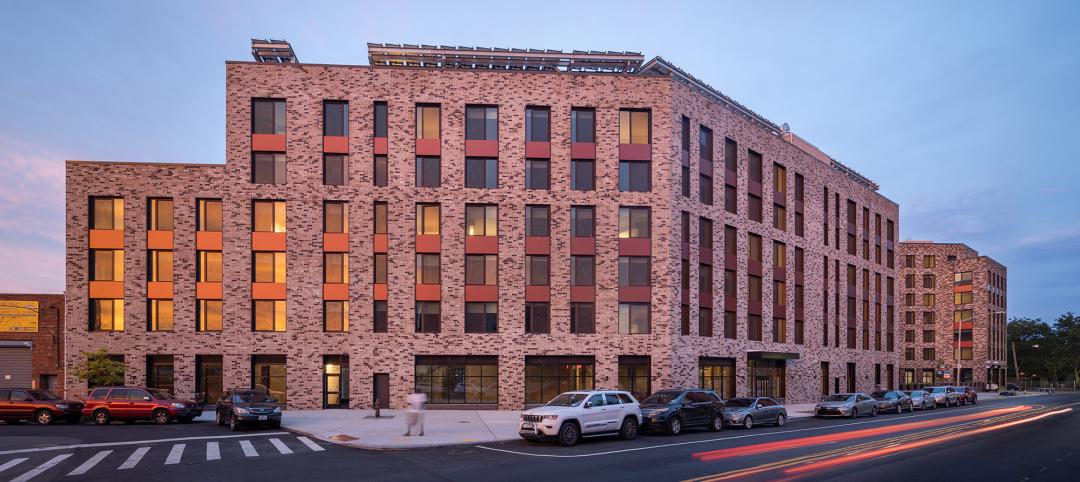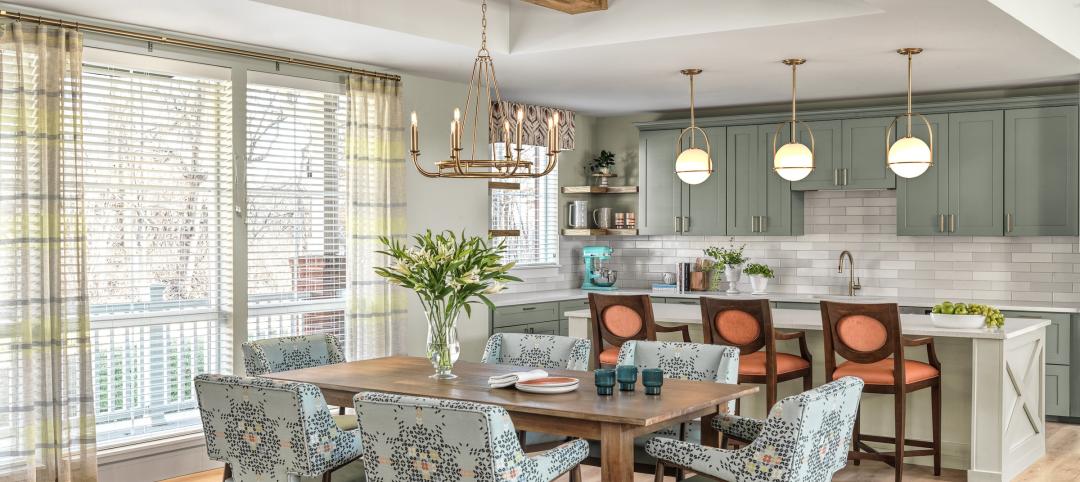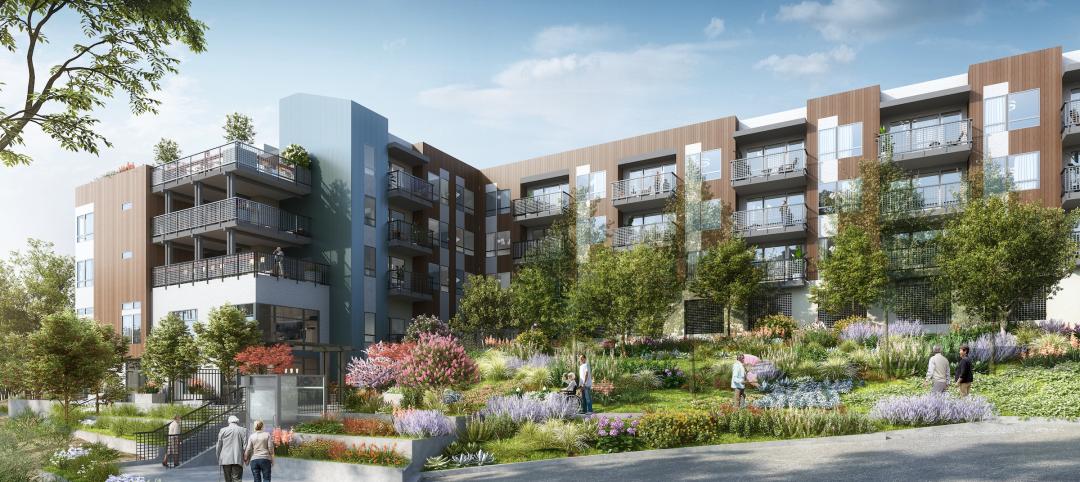More than half (53%) of multifamily developer respondents reported construction delays in the jurisdictions where they operate, according to the third edition of the National Multifamily Housing Council (NMHC) COVID-19 Construction Survey. Of this group, 85% reported delays in permitting due to COVID-19, up from 77% in round two (conducted April 9-14) and 76% in the initial survey (conducted March 27-April 1).
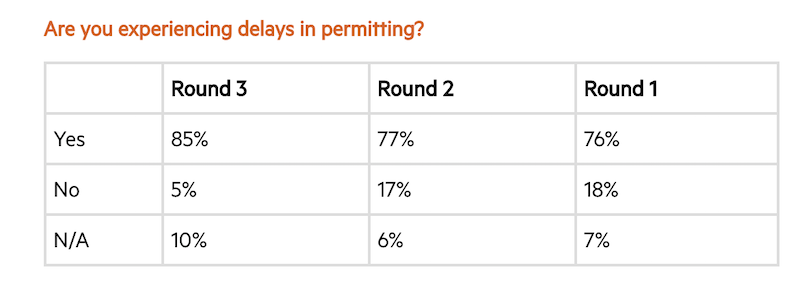 Getting permits is a major problem for multifamily developers and construction firms, says the NMHC in its latest survey.
Getting permits is a major problem for multifamily developers and construction firms, says the NMHC in its latest survey.
Survey respondents reporting construction delays also indicated a significant pause in starts, with 78% reporting delays, up 8 percentage points from the end of last month, and 19 percentage points from the first round.
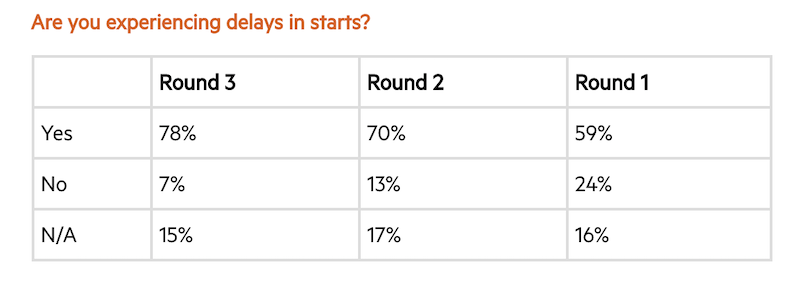 More than three-quarters of multifamily developers said continue to face delays in starts, says the latest NMHC survey.
More than three-quarters of multifamily developers said continue to face delays in starts, says the latest NMHC survey.
The NMHC Construction Survey is intended to gauge the magnitude of the disruption caused by the COVID-19 outbreak on multifamily construction. Additional findings include:
• 53% of developers reported a delay in construction. Of those developers, the percentage experiencing a delay in construction because of construction moratorium dropped from 62% in round one to 37% in round three, indicating that construction activity is resuming as states relax pandemic-related restrictions.
• Only 29% of respondents reported being impacted by a lack of materials, but the percentage of respondents experiencing price increases in materials jumped to 17%, from 5% in round one and 4% in round two. Despite this jump, 78% still report no price impact, and 24% of those implementing new strategies report they are sourcing alternative building materials, up 8 percentage points from the first survey.
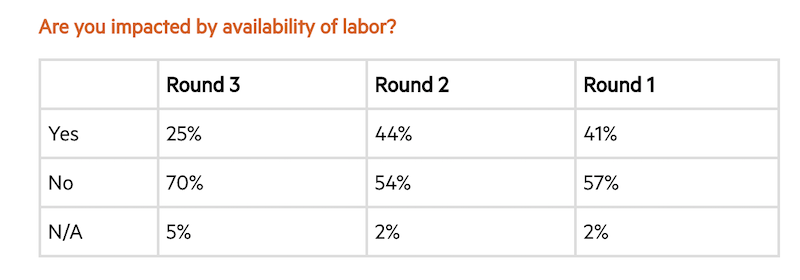 Labor availability seems to be less of a problem for multifamily construction firms, says the NMHC survey.
Labor availability seems to be less of a problem for multifamily construction firms, says the NMHC survey.
• Labor availability has also improved over the course of the three surveys. Seventy percent of respondents said they were not impacted by labor shortages, up from 54% in round one and 57% in round two. This may be due in part to the fact that 24% of those implementing new strategies said they were offering workforce incentives or other benefits, up from 16% in round two.
Firms continue to innovate in the face of challenges posed by the outbreak. Fifty-nine percent of respondents indicated they have implemented new strategies to deal with the hurdles established by the virus’s continued presence. This is down from 75% in the last round and 73% in the first round. Many firms said they have implemented more than one strategy.
View the full survey results here and a comprehensive overview of the results here.
Additional resources, data, and materials from NMHC can be found here.
Related Stories
Mixed-Use | Jan 29, 2024
12 U.S. markets where entertainment districts are under consideration or construction
The Pomp, a 223-acre district located 10 miles north of Fort Lauderdale, Fla., and The Armory, a 225,000-sf dining and entertainment venue on six acres in St Louis, are among the top entertainment districts in the works across the U.S.
Sponsored | BD+C University Course | Jan 17, 2024
Waterproofing deep foundations for new construction
This continuing education course, by Walter P Moore's Amos Chan, P.E., BECxP, CxA+BE, covers design considerations for below-grade waterproofing for new construction, the types of below-grade systems available, and specific concerns associated with waterproofing deep foundations.
Multifamily Housing | Jan 15, 2024
Multifamily rent growth rate unchanged at 0.3%
The National Multifamily Report by Yardi Matrix highlights the highs and lows of the multifamily market in 2023. Despite strong demand, rent growth remained unchanged at 0.3 percent.
Adaptive Reuse | Jan 12, 2024
Office-to-residential conversions put pressure on curbside management and parking
With many office and commercial buildings being converted to residential use, two important issues—curbside management and parking—are sometimes not given their due attention. Cities need to assess how vehicle storage, bike and bus lanes, and drop-off zones in front of buildings may need to change because of office-to-residential conversions.
MFPRO+ News | Jan 12, 2024
Detroit may tax land more than buildings to spur development of vacant sites
The City of Detroit is considering a revamp of how it taxes property to encourage development of more vacant lots. The land-value tax has rarely been tried in the U.S., but versions of it have been adopted in many other countries.
MFPRO+ News | Jan 12, 2024
As demand rises for EV chargers at multifamily housing properties, options and incentives multiply
As electric vehicle sales continue to increase, more renters are looking for apartments that offer charging options.
Sustainability | Jan 10, 2024
New passive house partnership allows lower cost financing for developers
The new partnership between PACE Equity and Phius allows commercial passive house projects to be automatically eligible for CIRRUS Low Carbon financing.
Giants 400 | Jan 8, 2024
Top 60 Senior Living Facility Construction Firms for 2023
Whiting-Turner, Ryan Companies US, Weis Builders, Suffolk Construction, and W.E. O'Neil Construction top BD+C's ranking of the nation's largest senior living facility general contractors and construction management (CM) firms for 2023, as reported in the 2023 Giants 400 Report.
Giants 400 | Jan 8, 2024
Top 40 Senior Living Facility Engineering Firms for 2023
Kimley-Horn, Olsson, Tetra Tech, EXP, and IMEG head BD+C's ranking of the nation's largest senior living facility engineering and engineering/architecture (EA) firms for 2023, as reported in the 2023 Giants 400 Report.
Giants 400 | Jan 8, 2024
Top 80 Senior Living Facility Architecture Firms for 2023
Perkins Eastman, Hord Coplan Macht, Lantz-Boggio Architects, Ryan Companies US, and Moseley Architects top BD+C's ranking of the nation's largest senior living facility architecture and architecture engineering (AE) firms for 2023, as reported in the 2023 Giants 400 Report.


